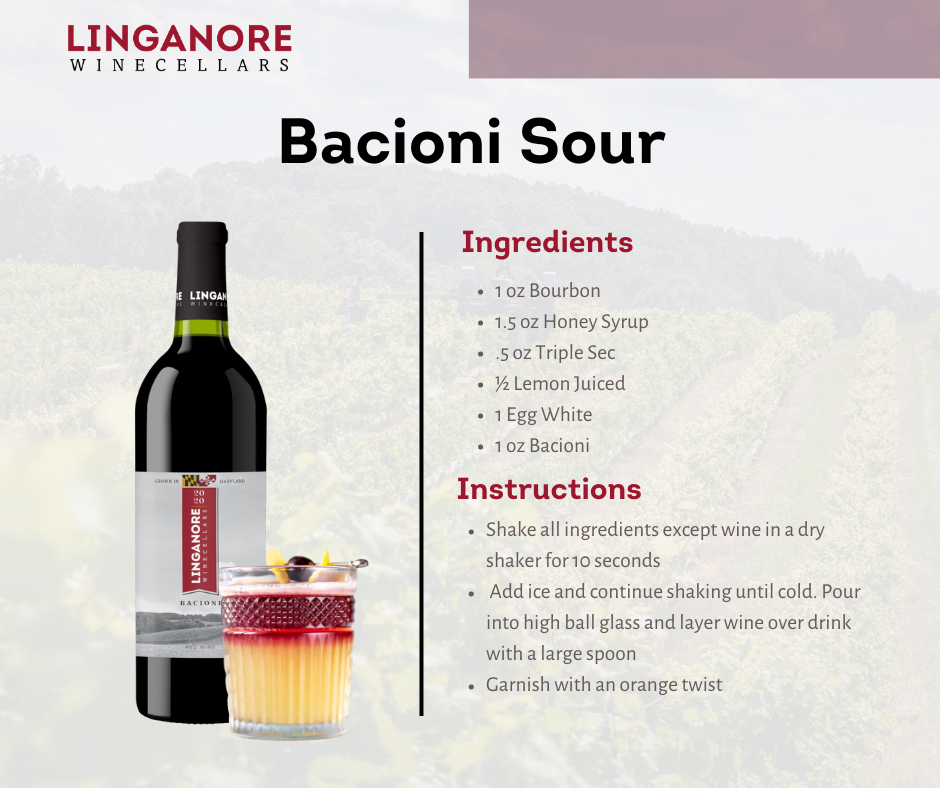LINGANORE WINECELLARS WINS THE 2022 MARYLAND GREEN REGISTRY LEADERSHIP AWARD!
When it comes to environmental consciousness, 70% of companies now have some form of governance of sustainability in place, according to a 2021 McKinsey study, and it’s likely you’re hearing more about Environmental, Social and Corporate Governance, or ESG, than ever before.
More businesses are going green because more of today’s consumers demand it. Here’s a look at what business sustainability is, and how it can help your brand and your bottom line.
What is Business Sustainability?Also referred to as corporate sustainability or green business, business sustainability initiatives usually address the three pillars of sustainability.
- Environmental PillarInitiatives that reduce the carbon footprint of the business throughout the value chain.
- Social PillarInitiatives promoting the wellbeing, health, and safety of communities, customers, and employees.
- Economic PillarInitiatives that ensure businesses can thrive while making these long-term positive impacts.
Companies with high ratings for environmental, social, and governance (ESG) factors have a lower cost of debt and equity, and companies with high ESG ratings outperform the market in the medium and long term.
“The idea that business sustainability is a luxury investment, or a PR device is cynical and increasingly untenable,” sites the McKinsey Consulting Firm. Their research found that there is a desire for improved sustainability from both consumers and business leaders. Their research also revealed that improving sustainability and entering the circular economy often improves a company’s financial performance.
In the world of viticulture, sustainability has become far more the rule than the exception, and concerns over the myriad changes global warming can cause in a vineyard, from water to insects, are driving major investments to blunt their oncoming force as leaders in sustainability.
There is scarcely a headline today that does not mention ESG, responsible business, or sustainability. The wine industry has an 8,000-year history of adaptation to change, and as such it offers a unique perspective on resilience and lessons that can be broadly applied across sectors and geographies.
As consumers become more aware of the impacts that products and companies can have on the environment, they are growing more mindful of their purchasing habits. According to a report by Nielsen, consumers are looking for companies that are environmentally responsible. In a 2017 global survey conducted in collaboration with The Conference Board, 81 percent of respondents felt strongly that companies should help improve the environment. Millennials were the most supportive with 85 percent finding it extremely or very important that companies implement programs that help the environment. But older generations were not far behind.
Sustainable wine growing can cover a variety of environmental and social practices. Many wineries in the U.S. and abroad have adopted sustainable farming techniques and are adapting their cellars to be more eco-friendly. Some have installed solar panels to become net-zero consumers of electricity while others are dry farming their vineyards and using cover crops to conserve water. But sustainability also covers practices that are economically viable and socially responsible.
As pioneers in the Maryland wine industry, Linganore Winecellars’ effort to become carbon neutral, began early on. In their latest effort, the winery installed 724 solar panels in November, each generating 350 watts, for a total of 252 kilowatts, which is enough to completely power the entire operation. “It’s sort of cool,” said Anthony Aellen, Vice President of Winery Operations. “We’re growing grapes coming from the field and now we’re growing power on the farm as well.”
As grapes are grown, harvested, and made into wine, the environment and its future are prioritized. This is the latest effort, in a long list of green initiatives by the winery including skylight lighting, tracking solar connected to EV chargers, and pulp composting, just to name a few.
“Seeing the effects of climate change in the last 20 years, we can now grow different varieties that we couldn’t grow 20 years ago. It’s just warmed up that much! To mitigate this, we had focused on eliminating fossil fuels from generation power, to buying wind power. Now we’re growing our own power and that’s really the key,” says Aellen. “We take our role as stewards very seriously. Back in 2012, we installed EV chargers and now, nine years later, there’s a push to convert vehicle power to electric. You must be able to think a bit further into the future, to think of what your grandchildren and their grandchildren are going to be left with. We can’t just leave this earth and screw it up for everybody else. It’s up to us to make decisions that will bring about positive change. Our aim is not only to support the land but leave it better than we found it.”
As a member of the Maryland Green Registry, which has over 1,200 members, Linganore Winecellars is proud to have been awarded the 2022 Sustainability Leadership Award. In addition to the installation of solar panels that provide enough energy to power the entire operation, the winery has also been recognized for the installation of solar-connected EV charging stations and Tesla EV chargers. Skylights have eliminated electric light use in the processing room and upgraded all lighting to high-efficiency LEDs. Reduced weight of wine bottles by 20%, or 55 tons per year, which lowers the environmental impacts of shipping. Repurposing or composting of all grape pulp. Collecting and reusing water in the bottling line. Repurposed barn wood to rebuild the winery’s tasting room.
For more information on Linganore Winecellars’ green practices, visit here.




